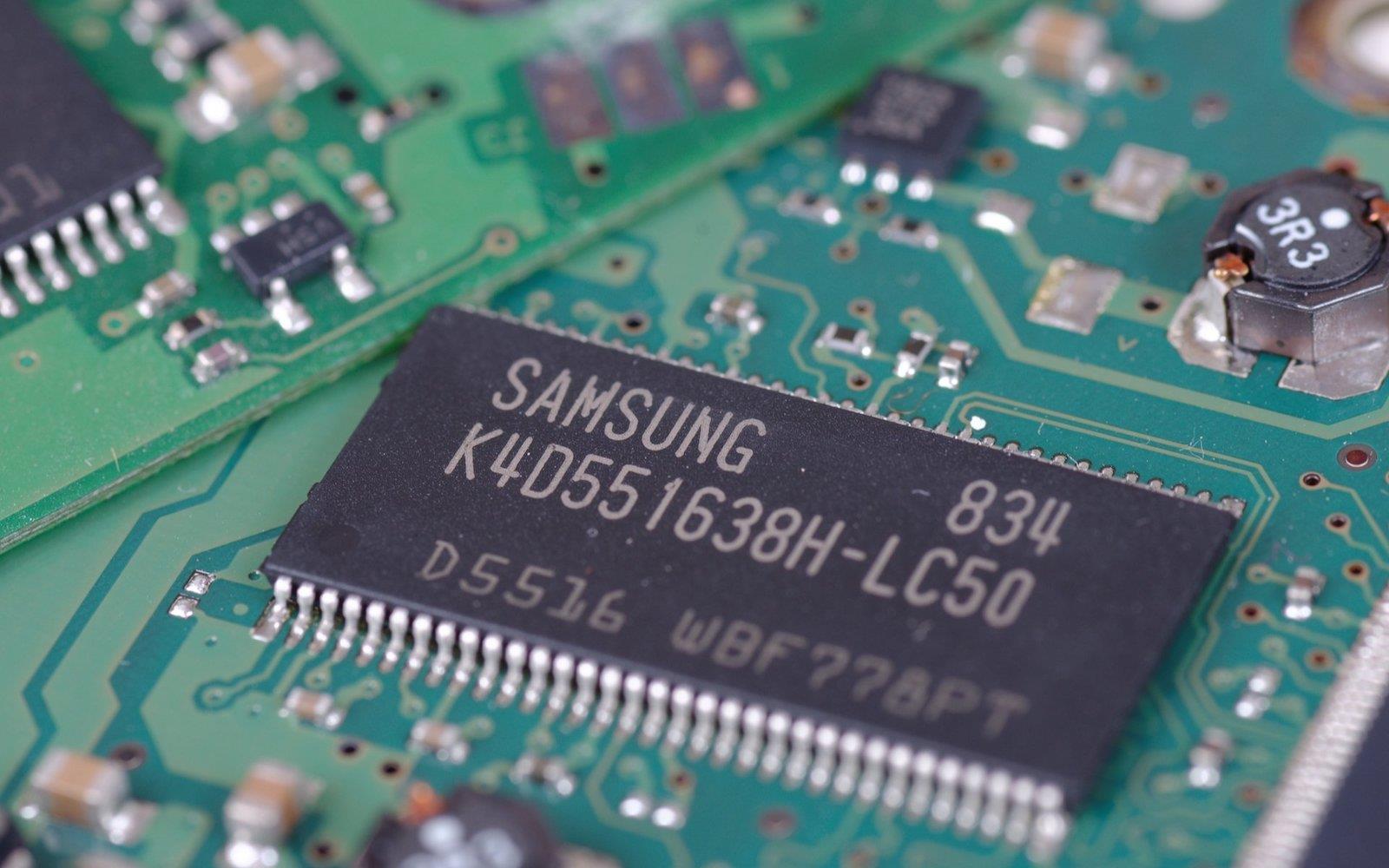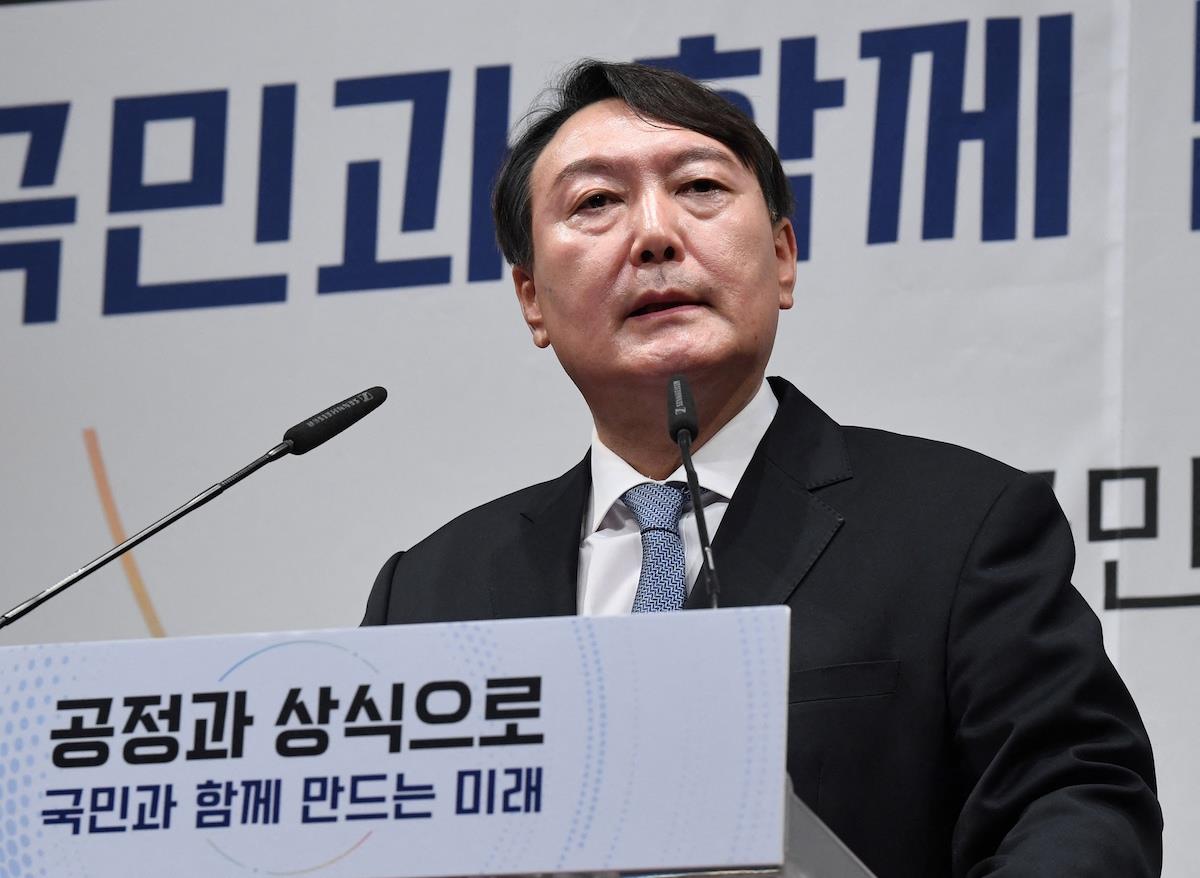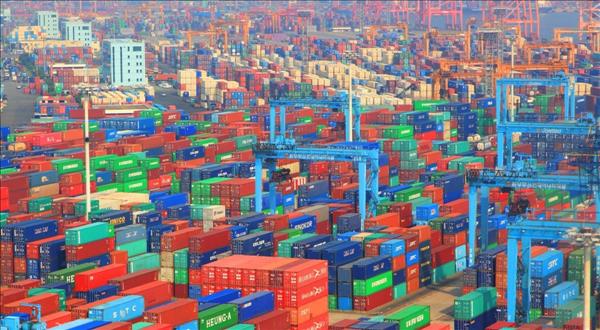
China Catches Cold, South Korea Gets The Flu
SEOUL – Global trade weathervane South Korea is facing an unfamiliar and unwelcome situation: Not only has it been suffering consecutive monthly trade deficits since April, but figures just in show August's deficit was also a record.
The country saw imports outpace exports by US$9.47 billion last month, the largest deficit ever recorded, according to the Ministry of Trade, Industry and Energy, as reported by Yonhap . While exports for August climbed a solid 6.6% year-on-year, imports rocketed 28.2% to a record high of $66.15 billion.
Trade deficits have been ongoing since April, marking the first time since 2008 – the year of the global financial crisis – that South Korea, a manufacturing powerhouse, has suffered five months of consecutive trade deficits.
Three key factors are behind August's deficit. While two are super trends, the third is new, making it a triple whammy.
First and foremost are soaring energy prices.
Seoul uses Dubai crude as its national benchmark and that asset was priced, on average, at $96.63 per barrel in August compared to $69.50 last year. Overall, energy imports surged 91.8% year-on-year to $18.52 billion in August, ministry data shows.
Second is a drop off in sales to the world's biggest buyer of Korean exports, China.
Wracked by ongoing Covid-19 lockdowns and a spiraling property crisis, Chinese citizens have zipped up their wallets. As a result, Korea's exports to China were just $13.13 billion in August, an over 5% fall year-on-year. Korea has recorded a trade deficit with China for four straight months.
Third is a cooling market for Korea's flagship export product, semiconductors.

South Korean chip exports could have peaked. Image: Twitter
Chip shipments dropped 7.8% year-on-year to $10.78 billion – the first on-year drop in 26 months. Soaring demand for semiconductors kept Korea Inc's shop afloat during the Covid pandemic as the world played and worked at home.
Now, the super cycle may be trending downward, impacted by both dwindling demand and falling prices.
Still, there was some good news in the data. While the deficit sounded certain alarms, South Korea's overall exports hit a record high in August. Shipments to ASEAN climbed 21.7% to $10.86 billion, to the US by 13% to $8.76 billion, and to the EU by 7.3% to $5.4 billion.
President Yoon Suk-yeol, visiting the nation's biggest port Busan yesterday (August 31), mentioned semiconductors as a special area of concern.
“We've recently seen record high volumes in exports, but our export forecasts for the second half of the year are not that bright because of a fall in semiconductor prices,” he said.
In the capital-intensive sector, the government plans to support corporate investment by chipmakers and nurture some 150,000 personnel in the chipmaking industry, with special focus on logic chips. While Korean firms are the world leader in memory, they lag behind Taiwan in the advanced non-memory, or logic chip, foundry sector.
To put new wheels under its broader export sector, Seoul announced on Wednesday that it would supply a record $260 billion in trade financing as well as $6.6 billion in support for the logistics costs of SMEs.
Seoul also said it would seek to expand industrial cooperation with China in key sectors that both it and Beijing are prioritizing in their respective industrial policies such as ICT and high-tech components and materials.
The two countries this year are celebrating the 30th anniversary of the establishment of diplomatic ties.
Bilateral relations have“set an example of cooperation between two countries with different systems and ideologies,” Chinese Ambassador to Korea Xing Haiming said during a ceremony marking the ties last week.
Xing is not the only one pushing pragmatism. An editorial in the Joongang Ilbo , Korea's number two newspaper, this week sounded a national rallying cry:“We can choose both the US and China.”
That may be more than just pragmatism: It looks like an economic survival strategy.
And, of course, security is an issue, too. China is perhaps the only country in the world that possesses economic leverage over North Korea, an adversarial neighbor South Korea cannot ignore.

President Yoon Suk-yeol must carefully recalibrate Korea's US and China relations. Photo: AFP
But as the decoupling chasm widens across the Pacific, Washington is increasingly leaning on its allies not to supply high-tech semiconductor-making equipment to China.
Meanwhile, the Yoon administration insists on its sovereign right to upgrade US THAAD missile defense operations in Korea – a massive no-no for Beijing, which claims the system's radars can snoop on its own territory – while also inching closer to Japan.
This convergence of issues is set to test the judgment of Korean policymakers, diplomats and executives for the months and years ahead.
Follow this writer on Twitter @ASalmonSeoul

Legal Disclaimer:
MENAFN provides the
information “as is” without warranty of any kind. We do not accept
any responsibility or liability for the accuracy, content, images,
videos, licenses, completeness, legality, or reliability of the information
contained in this article. If you have any complaints or copyright
issues related to this article, kindly contact the provider above.


















Comments
No comment